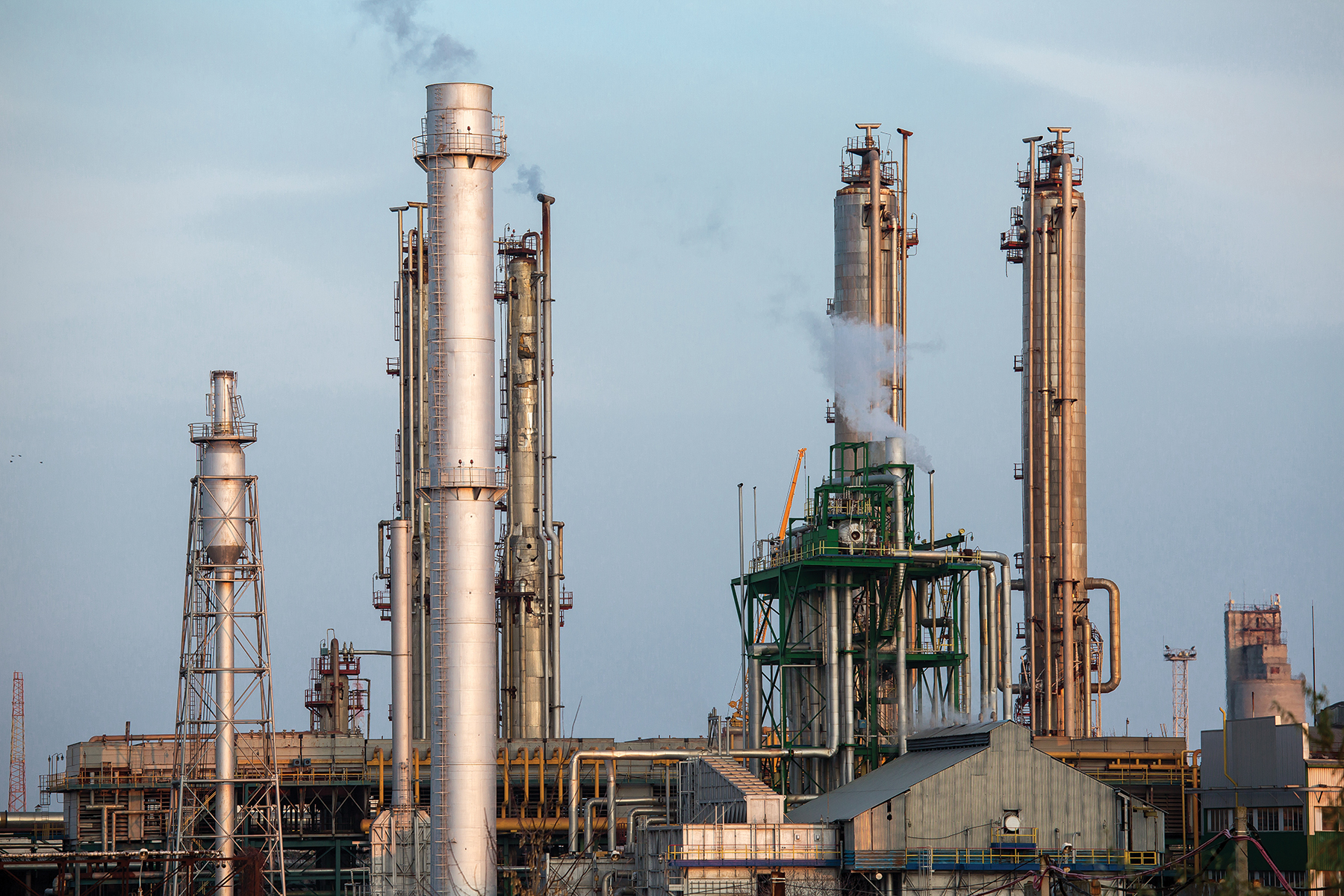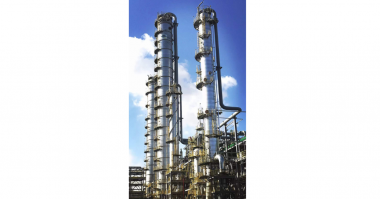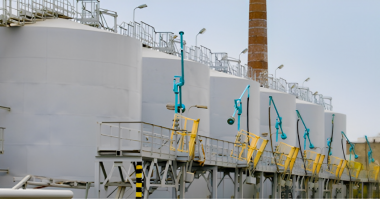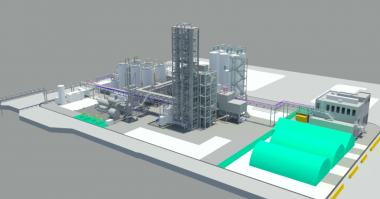Control Valve Basics
Control valves are valves that operate with the purpose of controlling certain conditions including flow, media, pressure, temperature, and liquid level. They work by either opening or closing in its entire or partial capacity in response to certain criteria. The valves often operate through the use of signals that are programmed to have a set point for a predetermined process variable.
A control valve is made up of three main parts: the actuator, positioner, and body. There are several types and designs, depending on the application.
Control Valves for Chemical Reactions
Because the use of chemicals, especially hazardous ones, is such a precise process, the control valve must often perform to exacting standards. They are generally controlled electronically, hydraulically, pneumatically, and even in some cases, manually by trained operators. The valves are used to add a controlled dosage of chemicals to another set at certain levels and under certain circumstances.
In many chemical processing applications, control valves must operate in extremely harsh environments. The valves are designed to handle brutal acidic, corrosive, abrasive, and other hazardous conditions and may be required to meet or exceed ASME B16.34 or related specifications.
It is also essential that these valves are well constructed and perform as intended in order to ensure a smooth operational process, avoid damage to surrounding equipment from leakage, and most important, to keep hazardous media within the system and safeguard the safety of personnel.
Control Valve Applications
Control valves for chemical applications are often found in but not limited to these industries:
- Agriculture
- Biofuels
- Construction
- Food and beverage processing
- Mining
- Nuclear power
- Oil and gas
- Pharmaceutical
- Paper and pulp
- Refining
- Scientific
- Sewage treatment
- Slurry
- Water and wastewater treatment
Advances in Control Valves
ARI Chemical Control Valves – ARI-STEVI® manufactures a wide range of control valves used in isolation or control processes. They are available as globe valves or 3-way control valves with electric or pneumatic actuators that can be used for water at all temperatures, steam, neutral liquids, gases, thermal fluids, hot oil, and more. They are ideal for chemical applications because they feature precision valve stems, flexible plugs, high capacity actuators, and advanced control for mixing or diverting service.
Bürkert 6712 WhisperValve – If noise is an issue, have a look at this control valve that promises to keep the noise to a minimum. It is a plunger type valve intended for the medical industry and is designed with media separation. It measures only 7mm wide and features a switching time of fewer than 5 milliseconds.
Valtek® DiamondBack Cavitation Elimination Technology – Part of Flowserve, this tech enables users to eliminate high-pressure drop cavitation damage and reduce the noise that comes with it. The valves can be made from tungsten carbide, which greatly reduces the effects of erosion. The DiamondBack also offers up to 30 percent higher flow than comparable multi-stage valves.
For More on Control Valves
Control Valves: An Overview – Need even more on Control valves? Read this piece from Piping World to get an overview on the patterns, operators, specifications, and even industry standards for control valves.
Properly Size Control Valves – Chemical Processing examines the common practice of oversizing valves in chemical reactions. They conducted a survey of over 500 individuals involved in chemical applications at more than 200 plants worldwide who identified the practice of oversizing as the leading control valve problem.
Chemical Industry Expected to Dominate Global Solenoid Valve Market – Persistence Market Research Pvt. Ltd takes a look at the future of solenoids as used with control valves in the chemical industry. You can read a snippet here or request the full brochure from their site.





Comments